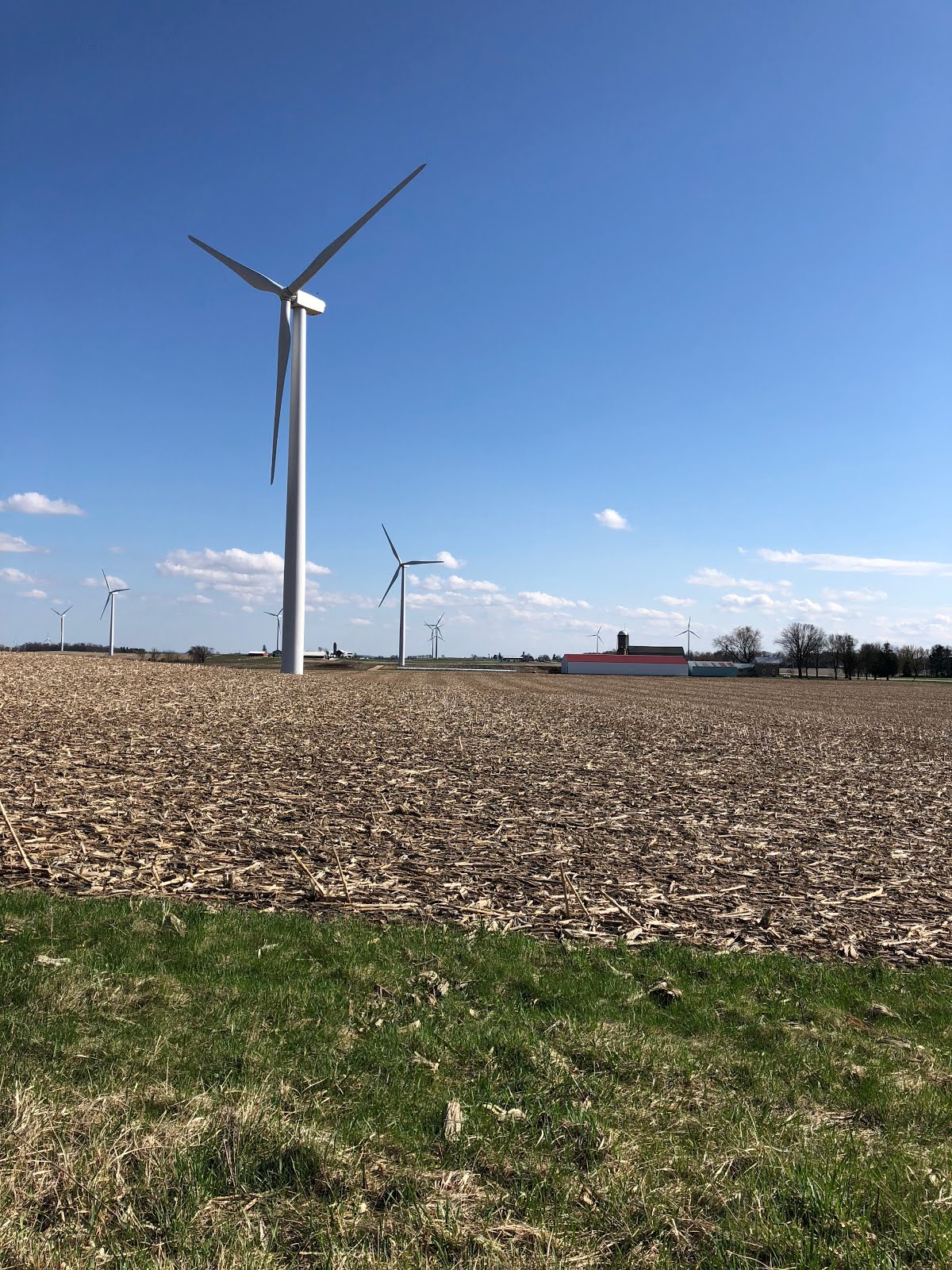SEWRPC Called Out On Water Study/Policy Objectivity
SEWRPC - - the Southeastern Wisconsin Regional Planning Commission - - is on the hot seat again, and this time a peer organization is raising questions and expressing displeasure.
But first, some background:
One of the issues sure to face the City of Waukesha - - not to mention the Department of Natural Resources and everyday people in the region concerned with water quality - - is whether Underwood Creek in Wauwatosa is the appropriate spot into which Waukesha can pipe its wastewater if it wins a diversion of Lake Michigan water.
The Great Lakes Compact, which is basically a conservation and water management agreement, logically mandates that diverted water be returned to the source:
In its application now in preparation for a diversion - - to be released later this year, and in one stage of review or another for at least another year or two after that - - Waukesha wants to achieve the mandated return flow by piping the post-diversion wastewater about 11 miles to Underwood Creek and using the tributary's natural flow to move somewhere around an eventual 11 million gallons a day of treated wastewater back to Lake Michigan.
One engineering study suggests that the Creek can physically take the flow without much concern about flooding. That's on the quantity side of the issue.
The quality issue is something different.
Especially since new findings show that waterways running through Wauwatosa already are contaminated with human waste, so we'll see if it is decided that Wauwatosa is the right spot to pipe in Waukesha's wastewater, even if treated.
So the question is: how do you decide just what scientific, biological and chemical issues need to be reviewed to determine if the Creek, the watershed and Lake Michigan can and should handle whatever is in Waukesha's wastewater?
There is already jockeying underway behind the scenes over who should prepare the scope of work for that analysis, and what that work should entail: some of the preliminary correspondence on the issue is a little unusual, to say the least.
Waukesha's Water Utility asked the Southeastern Wisconsin Regional Planning Commission on June 10, 2009 to prepare an outline - - it's called a "scope of services" - - defining what this key water quality study should include.
SEWRPC's Executive Director Ken Yunker sent back a proposed scope of services in response to the utility, and to other interested parties on July 17, 2009.
One of those parties is the Sweet Water Trust, and Pat Marchese, its executive steering council chair, said the SEWRPC proposal was shot through with advocacy, gaps, and a potential conflict of interest because SEWRPC is recommending in a separate study that the Waukesha diversion be approved.
Marchese is no stranger to water policy in the region, as he is an engineer, a former SEWRPC commissioner from Ozaukee County and the former executive director of the Milwaukee Metropolitan Sewerage Commission.
I obtained the documents about this brewing disagreement from the Waukesha Water Utility in a recent records request.
[Other postings last week about these documents as they relate to Waukesha's diversion strategy and planning are here and here.]
In a detailed July 27, 2009, memo to the Trust's Science Committee - - three pages of single-spaced observations, including 13 bulleted items - - Marchese said the SEWRPC proposed "scope of work...raises the issue of whom and how should the scope of work be prepared for the project that insures an independent, objective, comprehensive assessment of the potential impacts of the project..."
Marchese stated:
"...The DNR and EPA ave traditionally filled the role of providing an objective, independent assessment and impact analysis. There appears to be a potential conflict of interest to have SEWRPC develop a scope of work to review the impacts of a project they developed."
I've reviewed tens of thousands of pages of government records during a 35-year career in media and public service, and I can say that few have contained such pointed criticism.
The Sweet Water Trust is a grant-support, public-private collaborative of regional policy-makers and academics that is promoting study and action on water-related issues in a large portion of southern Wisconsin defined by the region's many rivers and watersheds.
SEWRPC deals with water-related issues in a seven-county region of southeastern Wisconsin, though the region's watersheds go beyond those political boundaries.
Set aside the inter-organizational differences between the Trust and SEWRPC.
Marchese is echoing a theme heard more and more often when it comes to SEWRPC: the allegation that agency's work is hamstrung by a lack of independence and objectivity.
This was precisely the same argument made by SEWRPC's Environmental Justice Task Force when it forced a reluctant SEWRPC to include in its water supply study an independent analysis of the socio-economic impacts of water transfers in the region.
That decision by SEWRPC to belatedly include an independent socio-economic analysis in its water supply study should guide the work involved to analyze if Waukesha's plan to send its wastewater down Underwood Creek is good for Lake Michigan.
These issues cannot be analyzed for decision-making under a cloud: independent and credible analysts need to be brought in.









No comments:
Post a Comment